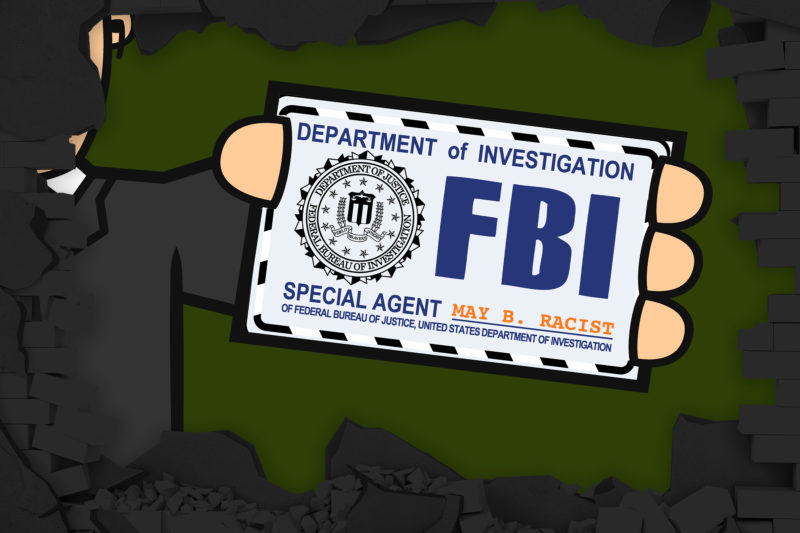The Breach: How the FBI Is Targeting Black Activists
Senior Staff Attorney Nusrat Choudhury of the ACLU’s Racial Equality Program joins Lindsay Beyerstein to explain the FBI’s newest crackpot theory about Black activism and the threat it poses to the people they are targeting.

Subscribe in Apple Podcasts Subscribe in Google Play
Subscribe in Stitcher Follow us on Soundcloud
The FBI has identified so-called “Black Identity Extremists” (BIE) as a threat to law enforcement, according to a leaked memo. If you’re wondering what a “Black Identity Extremist” is, you’re not alone. According to the Bureau, BIE is a social movement dedicated to killing law enforcement for perceived racist policing, but experts who study hate groups and extremist movements dismiss the BIE label as a made-up term that seems to conflate peaceful Black Lives Matter activists with radical anti-government groups. Senior Staff Attorney Nusrat Choudhury of the ACLU’s Racial Equality Program joins Lindsay Beyerstein to discuss the ACLU’s FOIA request to find out where the FBI is getting its information. The FBI has a long history of labeling peaceful Black leaders as extremists and singling them out for surveillance and persecution, including Dr. Martin Luther King Jr. himself. As Choudhury explains, the “Black Identity Extremist” label could be another example of unconstitutional racial profiling.
Recommended Reading:
How Twitter Killed the First Amendment, by Tim Wu for The New York Times, October 2017
An edited excerpt:
Lindsay: Do you feel like this was, in some way, an attempt to create a false equivalency between white supremacists and white ethno-nationalists, and some alleged Black counterpart?
Nusrat: It’s hard to know what the explicit motivation was, but what we do see is that this is a flawed definition that focuses on a belief in Black identity. It is based on unsound logic, and it seems to kind of sweep under a broad brushstroke people who have a sense of Black identity or even, in the FBI’s words, perceive racism and injustice in American society. That raises a red flag that the creation of this term was used to connected unconnected Black people in order to promote FBI surveillance.
There’s a history of that happening in the United States. You also raise this issue of what’s going on with other threats of violence coming from other cultural or ethnic groups. Clearly, there are folks in the intelligence community who have raised a concern that white supremacist groups pose a very real threat of violence in the United States. Why the FBI is spending resources and identifying what appears to be a made-up threat that will then focus FBI resources on Black activists raises serious concerns.
